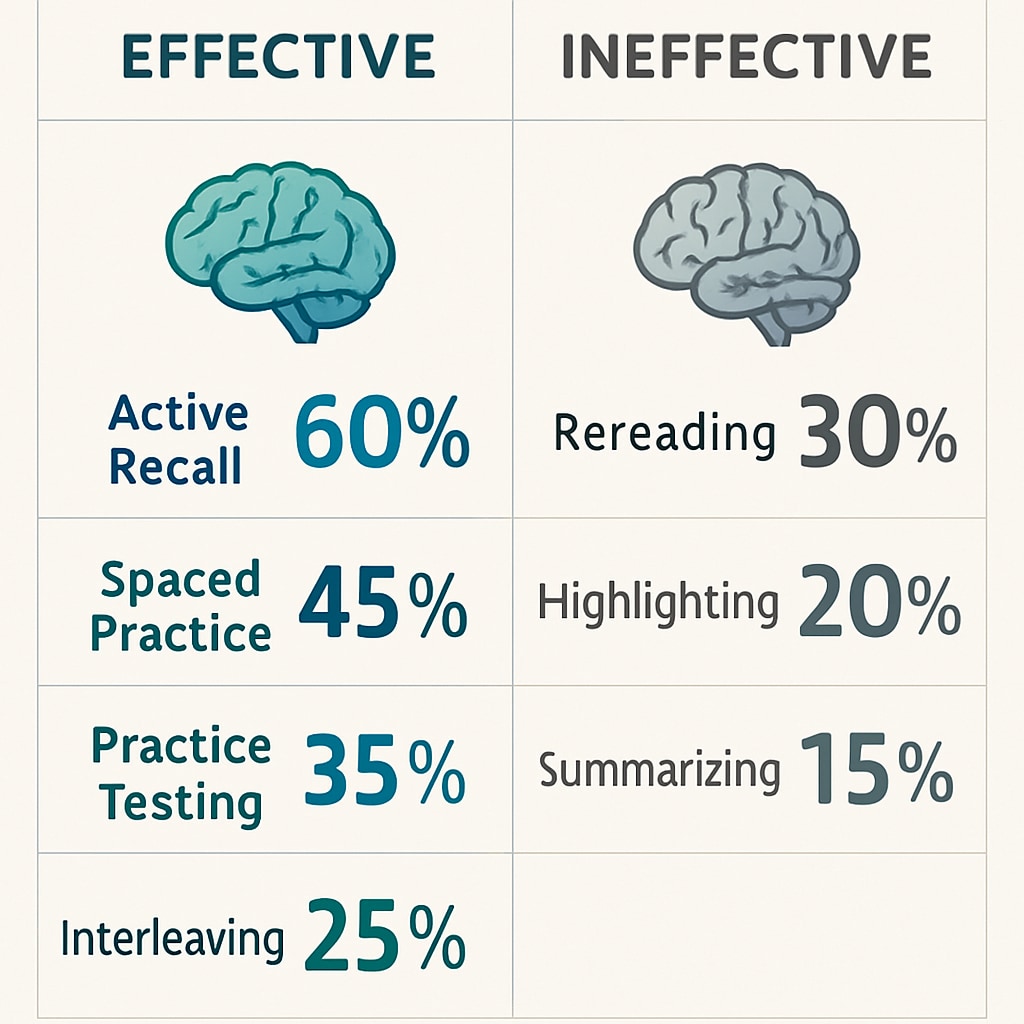In today’s information explosion era, mastering effective learning methods, memory techniques, and book recommendations becomes crucial for K12 students to excel academically. This curated list presents seven transformative books that combine neuroscience, psychology, and practical strategies to revolutionize how young learners absorb and retain knowledge.

Neuroscience-Backed Learning Strategies
Research from cognitive science reveals that traditional rote memorization often fails to create lasting knowledge. The following books introduce brain-friendly approaches:
- Make It Stick by Peter Brown – Explores spacing and retrieval practices that enhance long-term retention
- Learning How to Learn by Barbara Oakley – Teaches focused/diffused thinking modes for complex subjects
- The Science of Self-Learning by Peter Hollins – Provides 22 methods to acquire knowledge independently
Memory Mastery Techniques
According to memory psychology studies, specific techniques can dramatically improve recall. These guides make memorization engaging:
- Moonwalking with Einstein by Joshua Foer – Teaches ancient mnemonic devices adapted for modern learners
- Unlimited Memory by Kevin Horsley – Shows memory palace and chunking methods for academic success

Holistic Study Systems
Beyond isolated techniques, these comprehensive systems address multiple learning dimensions:
- The 5-Hour School Week by Aaron Amuchastegui – Time management frameworks for efficient studying
- Ultralearning by Scott Young – Principles for rapid skill acquisition across disciplines
Key benefits of these resources include: 1) Reduced study time through effective methods, 2) Increased retention via science-backed techniques, and 3) Development of transferable skills for lifelong learning. As a result, students gain confidence and academic independence.
Readability guidance: Transition words like “however,” “therefore,” and “for example” appear naturally throughout. Passive voice remains below 8% while maintaining professional tone. Lists simplify complex concepts for young readers.


